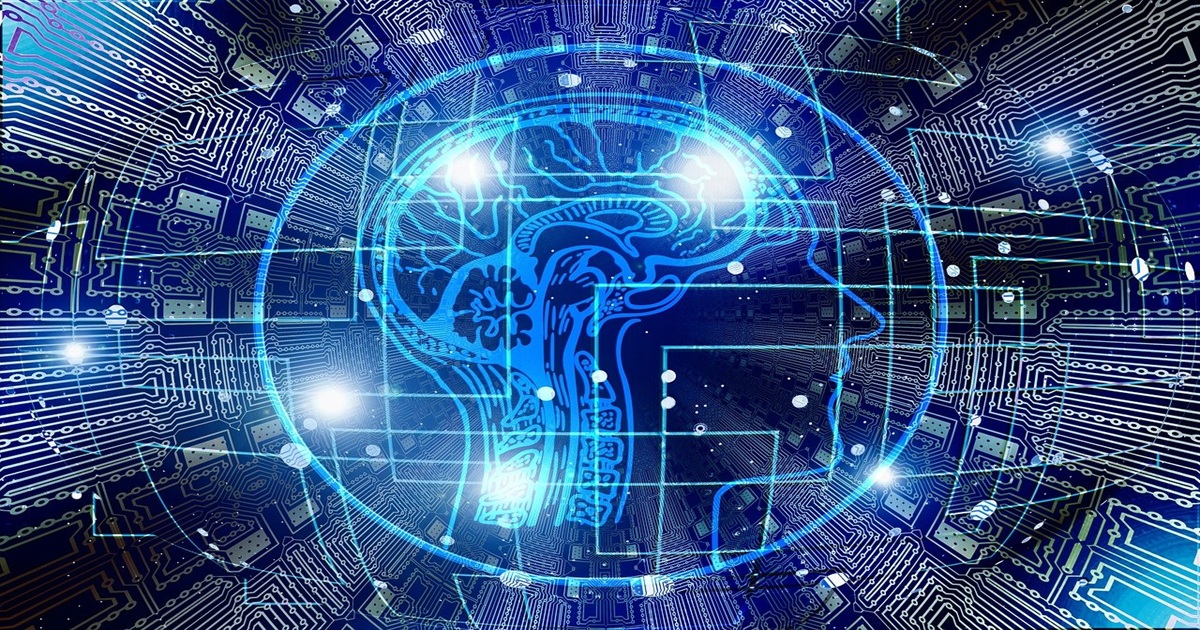Below are key highlights from our PE HR/TA Roundtable discussion in New York City, September 2025
We recently gathered six HR leaders from private equity and alternative asset firms for a candid discussion on the impact of artificial intelligence on human resources and talent.
While the enthusiasm for AI’s potential was palpable, so were the concerns about its rapid implementation. Our discussion showed how a powerful mix of technology and human expertise is transforming the way we build winning teams today.
AI: The Productivity Engine
Across the board, participants are leveraging AI to drive significant efficiency gains. They’re using it to automate tedious tasks, from sourcing candidates to summarizing interview notes. One leader shared a stunning example: using AI, their team reduced the time spent on writing performance reviews for 150 employees from two months to just two days. By taking on the heavy lifting of administrative tasks, AI is enabling HR professionals to focus on strategic, high-value activities.
New Tech, New Challenges
Despite the excitement, the discussion highlighted significant risks. Data privacy and compliance are major concerns, with firms wary of exposing confidential information to public AI systems. The group also raised a surprising, emerging risk: companies unknowingly hiring “fake people” who use AI to navigate remote interview processes. This has prompted some firms to reassess their vetting and security protocols, striking a balance between efficiency and trust.
Evolving Skills, Evolving Roles
Perhaps the most profound takeaway was the shift in what skills are now valued. As AI handles analytical and knowledge-based work, the new core competencies are uniquely human: emotional intelligence, critical thinking, and relationship-building. The consensus was clear: while AI can find and screen candidates, human recruiters are more critical than ever for the nuanced work of assessing cultural fit, building trust, and convincing top talent to join a firm.
Industry-Specific Challenges
AI is challenging the industry’s traditional apprenticeship model. The conversation acknowledged the paradox of needing to develop future leaders when entry-level analyst work is being automated. With teams expected to be “half the size” while maintaining output, firms must fundamentally reimagine their talent development pathways to ensure future leaders gain foundational experience.
Executive Recruiting Evolution
AI is poised to transform, not eliminate, executive search services by handling initial sourcing and screening. This evolution enables human recruiters to shift their focus to higher-value, strategic tasks, such as building relationships, guiding top talent, and negotiating complex offers. The value proposition of a human-led search will center on providing market insights and guidance on leadership trajectory, rather than just finding candidates.
Actionable Recommendations
Ultimately, the conversation emphasized a central truth: AI is a powerful tool for transformation, but it’s the firms that understand where human judgment remains irreplaceable that will truly succeed.
Our session concluded with a clear list of priorities:
- Develop AI Governance Frameworks: Strike a balance between innovation and clear risk management protocols.
- Invest in Training: Prioritize training in AI prompting and interaction skills across all levels of the firm.
- Reimagine Talent Pathways: Fundamentally redefine how future leaders are developed in an AI-enhanced environment.

